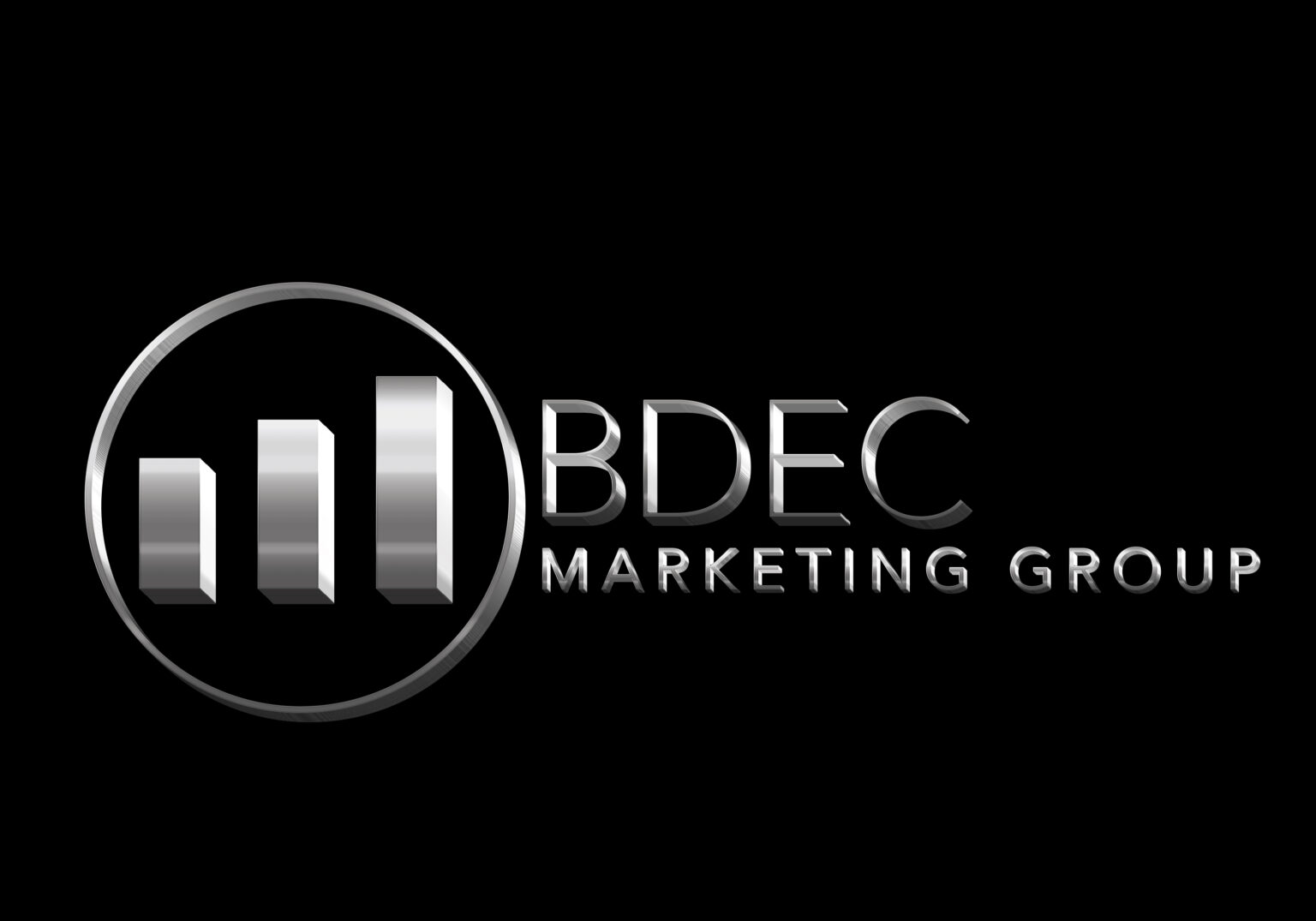In law firm marketing and business development, legal professionals often seek expert guidance to navigate the complexities of attracting clients, building brands, and growing their practices. Two common avenues for this assistance are Fractional Chief Marketing Officers (CMOs) and consultants. While these roles may seem similar at first glance, they serve distinct purposes in the realm of law firm strategy. In this article, we’ll delve into the differences between a Fractional CMO and a consultant for law firms, helping you make informed decisions about the type of support your practice needs.
Understanding the Roles
Before we explore their differences, let’s clarify what Fractional CMOs and consultants do:
Fractional CMO:
A Fractional Chief Marketing Officer is an experienced marketing executive who works part-time or on a project basis with law firms. They provide high-level strategic guidance and often act as a member of the law firm’s leadership team. Fractional CMOs are deeply involved in shaping the firm’s marketing strategy, overseeing its execution, and driving marketing efforts to achieve specific business goals. They bring extensive marketing expertise and a holistic understanding of the legal industry to the table.
Consultant:
A consultant is typically engaged to address specific challenges or projects within a law firm. Consultants are experts in their respective fields and offer specialized advice or services. They may provide guidance on marketing, business development, technology, process improvement, or other aspects of law firm operations. Consultants are often hired for short-term, defined projects, and they may not have ongoing involvement in the firm’s day-to-day operations.
Now that we’ve defined these roles let’s delve into the key differences between Fractional CMOs and consultants for law firms:
1. Level of Engagement
Fractional CMO: Fractional CMOs are deeply engaged with law firms. They typically work on an ongoing basis, often acting as part-time or interim members of the firm’s leadership team. This level of engagement allows them to develop a deep understanding of the firm’s culture, goals, and operations.
Consultant: Consultants are usually engaged for specific projects or challenges. They have a defined scope of work and may not have ongoing involvement with the firm beyond the project’s completion. Consultants provide expertise in a particular area but may not have a comprehensive view of the firm’s long-term strategy.
2. Holistic vs. Specialized Focus
Fractional CMO: Fractional CMOs take a holistic approach to law firm marketing and business development. They consider the firm’s overall objectives and align marketing strategies with long-term goals. They may oversee various aspects of marketing, from branding and client acquisition to client retention and technology implementation.
Consultant: Consultants provide specialized expertise in a specific area. For example, a consultant may focus exclusively on SEO, process improvement, or technology implementation. While they offer deep knowledge in their area of specialization, their scope may be narrow compared to a Fractional CMO’s comprehensive approach.
3. Integration within the Firm
Fractional CMO: Fractional CMOs often integrate seamlessly within the law firm’s structure. They collaborate closely with attorneys, partners, and staff, participating in meetings and strategy discussions. This integration allows them to tailor marketing efforts to the firm’s unique culture and objectives.
Consultant: Consultants are more likely to work independently on their projects. They may interact with firm members during their project but are less likely to be deeply integrated into the firm’s daily operations.
4. Ongoing vs. Project-Based
Fractional CMO: Fractional CMO engagements are typically ongoing or long-term. They provide consistent support and adapt strategies as the firm’s needs evolve. Fractional CMOs often act as a continuous resource for marketing and business development.
Consultant: Consultant engagements are typically project-based and have a defined end date. Once the project is completed, the consultant’s involvement may come to an end unless the firm engages them for additional work.
5. Leadership and Accountability
Fractional CMO: Fractional CMOs often assume leadership roles within the firm’s marketing and business development functions. They take ownership of strategy implementation and are accountable for achieving specific results.
Consultant: Consultants provide guidance and recommendations but may not have the same level of leadership or accountability as Fractional CMOs. Their role is advisory in nature.
6. Strategy Development
Fractional CMO: Fractional CMOs are deeply involved in developing marketing and business development strategies for law firms. They leverage their experience and industry knowledge to create customized plans aligned with the firm’s goals.
Consultant: Consultants may assist in developing strategies related to their area of expertise. For example, a technology consultant may create an IT strategy, while a marketing consultant may develop a digital marketing plan.
7. Long-Term Relationship
Fractional CMO: Fractional CMO engagements often foster long-term relationships between the CMO and the law firm. This continuity allows for ongoing adjustments to marketing strategies based on performance and evolving business goals.
Consultant: Consultant relationships are typically project-specific and may not lead to long-term partnerships. Consultants are engaged for their expertise on a particular issue or project and may not have continued involvement once the project is completed.
8. Cost Structure
Fractional CMO: Fractional CMOs are compensated based on an ongoing retainer or
part-time employment arrangement. This structure provides continuity and allows for consistent access to expertise.
Consultant: Consultants are usually paid on a project basis, and their fees are tied to the scope of work for the specific project. While this approach can be cost-effective for defined projects, it may not provide ongoing support.
9. Skillset and Expertise
Fractional CMO: Fractional CMOs bring a broad skillset encompassing marketing strategy, leadership, business development, and industry knowledge. They often have extensive experience working with law firms.
Consultant: Consultants specialize in a specific area of expertise. They may excel in areas such as SEO, technology, process improvement, or digital marketing but may not have the same breadth of skills as a Fractional CMO.
Choosing the Right Fit
The choice between a Fractional CMO and a consultant for your law firm depends on your specific needs, goals, and budget. Consider the following factors when making your decision:
- Scope of Work: Determine whether your needs are project-specific or require ongoing support.
- Budget: Evaluate your budget and assess whether it aligns with the cost structure of a Fractional CMO or a consultant.
- Expertise: Consider the specific areas where you need assistance and whether a specialized consultant or a holistic Fractional CMO is the right fit.
- Long-Term Goals: Think about your firm’s long-term goals and whether you need ongoing strategic guidance or project-based assistance.
- Cultural Fit: Assess whether the professional’s approach aligns with your firm’s culture and values.
Ultimately, both Fractional CMOs and consultants can provide valuable support to law firms. The key is to align your choice with your firm’s unique needs and objectives. Whether you seek ongoing leadership and comprehensive strategy development or specialized expertise for specific projects, there is a professional solution available to help your law firm thrive in today’s competitive legal landscape.
BDEC Marketing Group focuses on innovative Legal Marketing and Business Development solutions to help your practice thrive. Book a complimentary call with us today!




